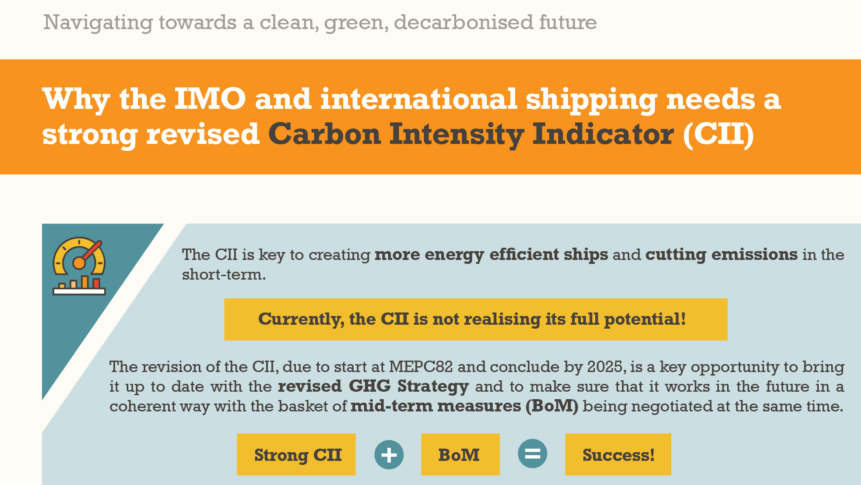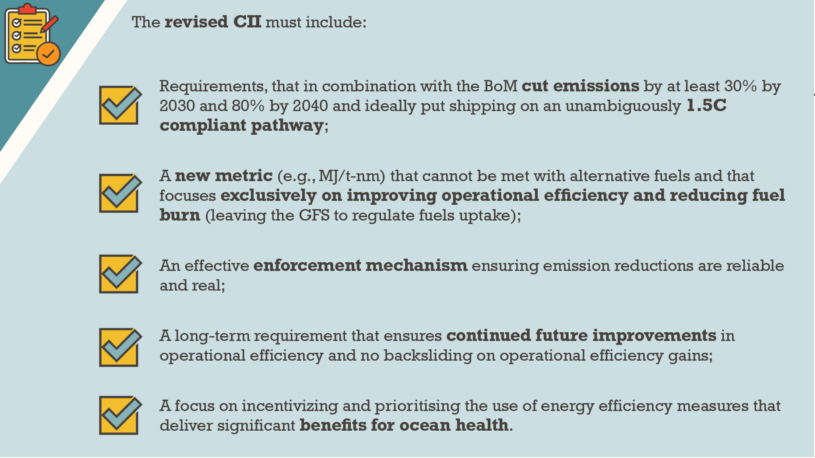EU backs clean-up of shipping air pollution

The EU has boosted efforts to remove one of the main sources of air pollution and acid rain from shipping. Environmental groups have welcomed the deal announced today by representatives of the European Parliament, Commission and member states to reduce the sulphur content of marine fuels. The deal now needs to be approved formally by environment ministers and by the full Parliament.
The agreement, hammered out last week but only finally agreed this afternoon after the Danish presidency of the EU gave member states extra time to raise any concerns, was over rules that aimed to put into EU law the global limits on sulphur agreed by the International Maritime Organisation (IMO) in 2008.
The new rules will confirm the IMO sulphur limit of 0.1% for 2015 which applies to so-called Sulphur Emissions Control Areas (SECAs) in the Baltic Sea, the North Sea and English Channel. The deal also confirms that the IMO global limit of 0.5% will apply in all other EU seas in 2020. Until now there has been some uncertainty over the entry-into-force date of the IMO global standard in Europe. But the EU has now sent a clear signal that it wants cleaner fuels earlier rather than later while still leaving eight years for the industry to adapt.
Currently fuel used by ships in non-SECA EU waters contains on average 2.7% sulphur so the new 0.5% limit is a very significant 85% cut.
The United States and Canada have led the way in cutting shipping air pollution on a continent-wide scale having already agreed to designate all sea within 370km of the North American coast as a SECA with a 0.1% limit from 2015.
Antoine Kedzierski of Transport & Environment said: ”This is a very significant step forward for reducing the 50,000 premature deaths caused by shipping air pollution in Europe every year.”
Sulphur emissions also cause environmental problems such as acid rain affecting soil and water and damage to biodiversity.
Louise Duprez, Policy Officer on air pollution at the European Environmental Bureau (EEB) said: “Marine fuel is one of the dirtiest fuels around, blackening our skies and seas with every nautical mile sailed. We are pleased to see that the EU has recognised that marine fuel needs to be cleaned up, however sulphur is only one of many pollutants, in one of many polluting sectors. We urge the EU to look wider in 2013, the ‘Year of Air’ in order to trigger further improvements for people’s health and the environment.”
While welcoming the agreement, environmental groups have warned that lax enforcement may undermine the effectiveness of the new rules.
Kedzierski said: “We are concerned that current enforcement of fuel quality standards for ships is very poor with as little as one check per day even in major ports. We urge the European Commission and Member States to ensure that these rules are strictly enforced in EU waters.“


